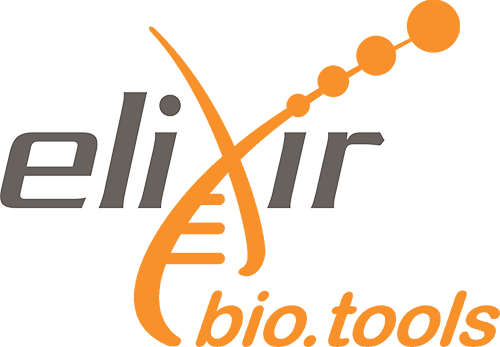e-learning
NCBI BLAST+ against the MAdLand
Abstract
MAdLandDB is a protein database comprising of a comprehensive collection of fully sequenced plant and algal genomes, with a particular emphasis on non-seed plants and streptophyte algae. Additionally, for comparative analysis, the database also includes genomes from various other organisms such as fungi, animals, the SAR group, bacteria, and archaea. The database is actively developed and maintained by the Rensing lab and released in the MAdLand setting. It employs a system of species abbreviation using a 5 letter code, which is constructed using the first three letters of the genus and the first two letters of the species name, for example, CHABR for Chara braunii. Furthermore, the database provides gene identification through the addition of gene ID’s and supplementary information such as the encoding source of the gene, whether it is plastome encoded (pt) or transcriptome-based (tr) in cases when a genome is not yet available. The key advantage of this database is its non-redundant nature, and the fact that all sequences are predominantly from genome projects, thereby increasing their reliability.
About This Material
This is a Hands-on Tutorial from the GTN which is usable either for individual self-study, or as a teaching material in a classroom.
Questions this will address
- What is MAdLand DB?
- How can we perform Blast analysis on Galaxy?
Learning Objectives
- Load FASTA sequence into Galaxy
- Perform NCBI-Blast+ analysis against MAdLandDB
Licence: Creative Commons Attribution 4.0 International
Keywords: Sequence analysis, plants
Target audience: Students
Resource type: e-learning
Version: 9
Status: Active
Prerequisites:
Introduction to Galaxy Analyses
Learning objectives:
- Load FASTA sequence into Galaxy
- Perform NCBI-Blast+ analysis against MAdLandDB
Date modified: 2024-07-31
Date published: 2023-01-16
Contributors: Björn Grüning, Cristóbal Gallardo, Deepti Varshney, Helena Rasche, Saskia Hiltemann
Scientific topics: Sequence analysis
Activity log


